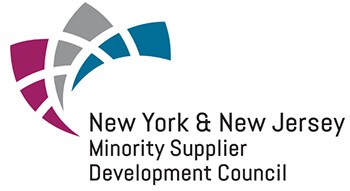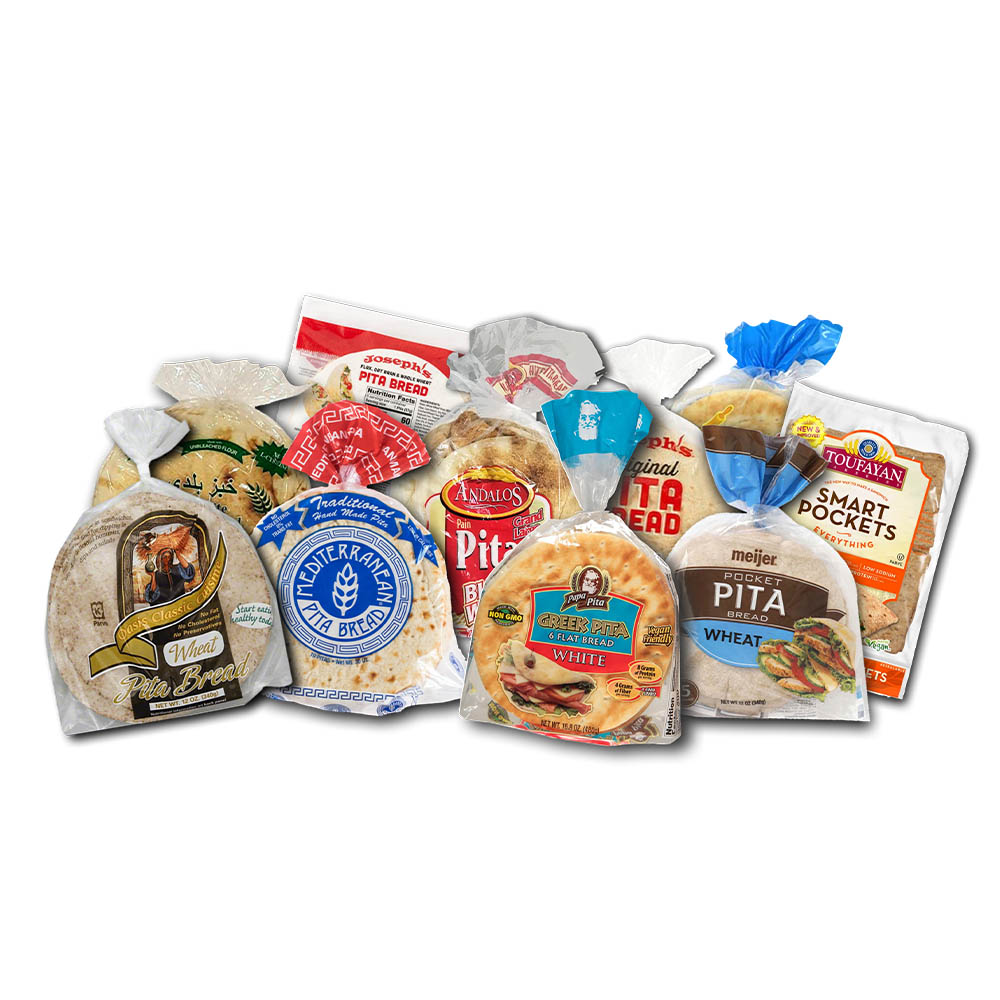In today’s world, the use of plastic packaging bags has become ubiquitous, from supermarkets to department stores and even small businesses. These bags are convenient, inexpensive, and easy to produce, making them a popular choice for many businesses. However, the impact of these bags on consumer behavior is often overlooked, and this can have serious consequences for both the environment and the economy.
The convenience of plastic bags is a major reason why they have become so popular. They are easy to carry around and can hold a large number of items, making them ideal for shopping. However, this convenience comes at a cost. Plastic bags are made from non-renewable resources such as oil, and they take a long time to decompose. This means that they can end up in landfills, where they can take hundreds of years to break down.
Consumer Behavior:
One of the main impacts of plastic packaging bags on consumer behavior is that they encourage people to use more bags than they actually need. Because they are so cheap and readily available, people often take more bags than they actually need. This leads to an increase in the amount of waste that is generated, which can have serious consequences for the environment.
Another impact of plastic packaging bags on consumer behavior is that they can be harmful to wildlife. When plastic bags are not disposed of properly, they can end up in rivers and oceans, where they can be mistaken for food by animals such as turtles and dolphins. This can lead to serious health problems for these animals, and can even result in their death.
Impact on the Economy:
Plastic packaging bags can also have an impact on the economy. Because they are so cheap and easy to produce, many businesses use them as a way to cut costs. However, this can have a negative impact on the environment, which can ultimately lead to higher costs for businesses in the long run. For example, if a business is forced to clean up an area that has been affected by plastic pollution, this can be very expensive.
Despite the negative impacts of plastic packaging bags, there are still many people who continue to use them. This is because they are convenient, and because many people do not realize the impact that these bags can have on the environment. However, there are a number of steps that can be taken to encourage people to use fewer plastic bags.
One approach that has been successful in reducing the use of plastic bags is the introduction of a tax or fee on these bags. In countries such as Ireland and Denmark, a small fee is charged for each plastic bag that is used. This has led to a significant reduction in the number of bags that are used, and has also generated revenue that can be used to fund environmental projects.
Another approach that has been successful is the introduction of reusable bags. Many supermarkets and department stores now offer reusable bags for sale, and some even offer them for free. These bags are made from more durable materials than plastic bags, and can be used over and over again. This reduces the amount of waste that is generated, and can also save consumers money in the long run.
Education and awareness campaigns can also be effective in encouraging people to use fewer plastic bags. By educating people about the impact of plastic bags on the environment, and by highlighting the alternatives that are available, it is possible to change consumer behavior. For example, campaigns could be run in schools and universities, or on social media, to raise awareness about the impact of plastic bags.
In conclusion:
Wholesale Plastic packaging bags have a significant impact on consumer behavior, and on the environment and the economy. While they are convenient, they also generate a large amount of waste, and can be harmful to wildlife. However, there are a number of steps that can be taken to encourage people to use fewer plastic bags, including the introduction of taxes or fees, the promotion of reusable bags, and education and awareness campaigns.





